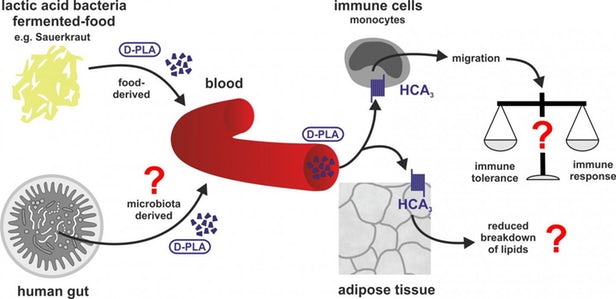
Breaking News
 Ranchers in Washington are challenging the state over a fundamental constitutional question...
Ranchers in Washington are challenging the state over a fundamental constitutional question...
 President Milei launched an account in English but it was suspended by X a few hours later.
President Milei launched an account in English but it was suspended by X a few hours later.
 The Trump Doctrine: "They Have It. We Want It. We Take It."
The Trump Doctrine: "They Have It. We Want It. We Take It."
 Event 201 Pandemic Exercise: Segment 4, Communications Discussion and Epilogue Video
Event 201 Pandemic Exercise: Segment 4, Communications Discussion and Epilogue Video
Top Tech News
 Superheat Unveils the H1: A Revolutionary Bitcoin-Mining Water Heater at CES 2026
Superheat Unveils the H1: A Revolutionary Bitcoin-Mining Water Heater at CES 2026
 World's most powerful hypergravity machine is 1,900X stronger than Earth
World's most powerful hypergravity machine is 1,900X stronger than Earth
 New battery idea gets lots of power out of unusual sulfur chemistry
New battery idea gets lots of power out of unusual sulfur chemistry
 Anti-Aging Drug Regrows Knee Cartilage in Major Breakthrough That Could End Knee Replacements
Anti-Aging Drug Regrows Knee Cartilage in Major Breakthrough That Could End Knee Replacements
 Scientists say recent advances in Quantum Entanglement...
Scientists say recent advances in Quantum Entanglement...
 Solid-State Batteries Are In 'Trailblazer' Mode. What's Holding Them Up?
Solid-State Batteries Are In 'Trailblazer' Mode. What's Holding Them Up?
 US Farmers Began Using Chemical Fertilizer After WW2. Comfrey Is a Natural Super Fertilizer
US Farmers Began Using Chemical Fertilizer After WW2. Comfrey Is a Natural Super Fertilizer
 Kawasaki's four-legged robot-horse vehicle is going into production
Kawasaki's four-legged robot-horse vehicle is going into production
 The First Production All-Solid-State Battery Is Here, And It Promises 5-Minute Charging
The First Production All-Solid-State Battery Is Here, And It Promises 5-Minute Charging
Fascinating study uncovers how we evolved to benefit from eating fermented food

A fascinating new study from scientists at the University of Leipzig has discovered that a specific immune function receptor, uniquely evolved in humans and great apes, is triggered by a metabolite from lactic acid bacteria (LAB) found in fermented foods.
Most mammals have two kinds of hydroxycarboxylic acid (HCA) receptors. These receptors are known to regulate immune function and energy homeostasis, primarily in response to dietary conditions. Around 15 years ago a third HCA receptor was discovered in the human genome, which further research revealed to be unique to humans and great apes.
A new study has now discovered that one of the strongest activators of this third HCA receptor is D-phenyllactic acid, a metabolite produced by lactic acid bacteria which appears in some foods as the fermentation process takes hold.

 Storage doesn't get much cheaper than this
Storage doesn't get much cheaper than this

